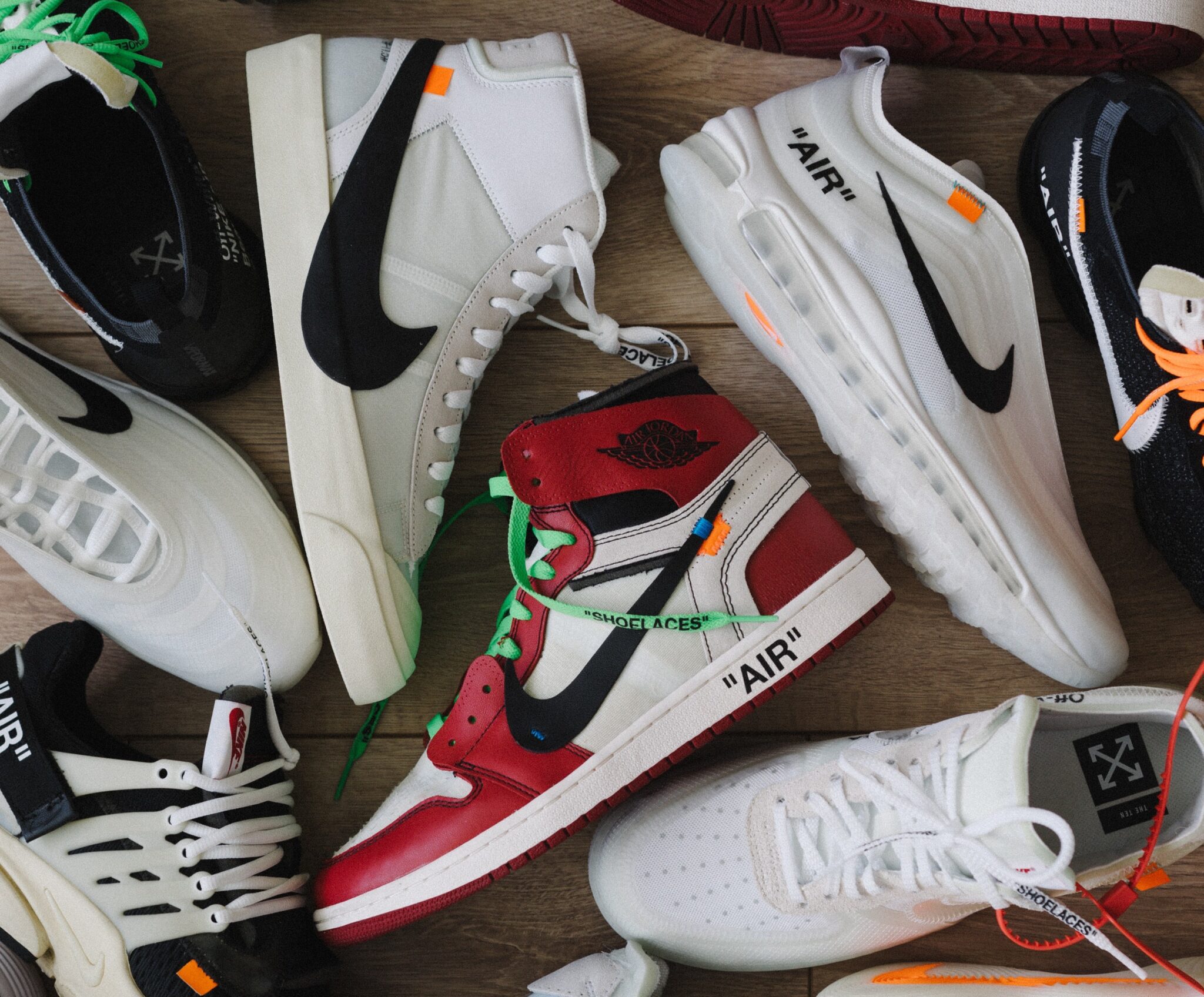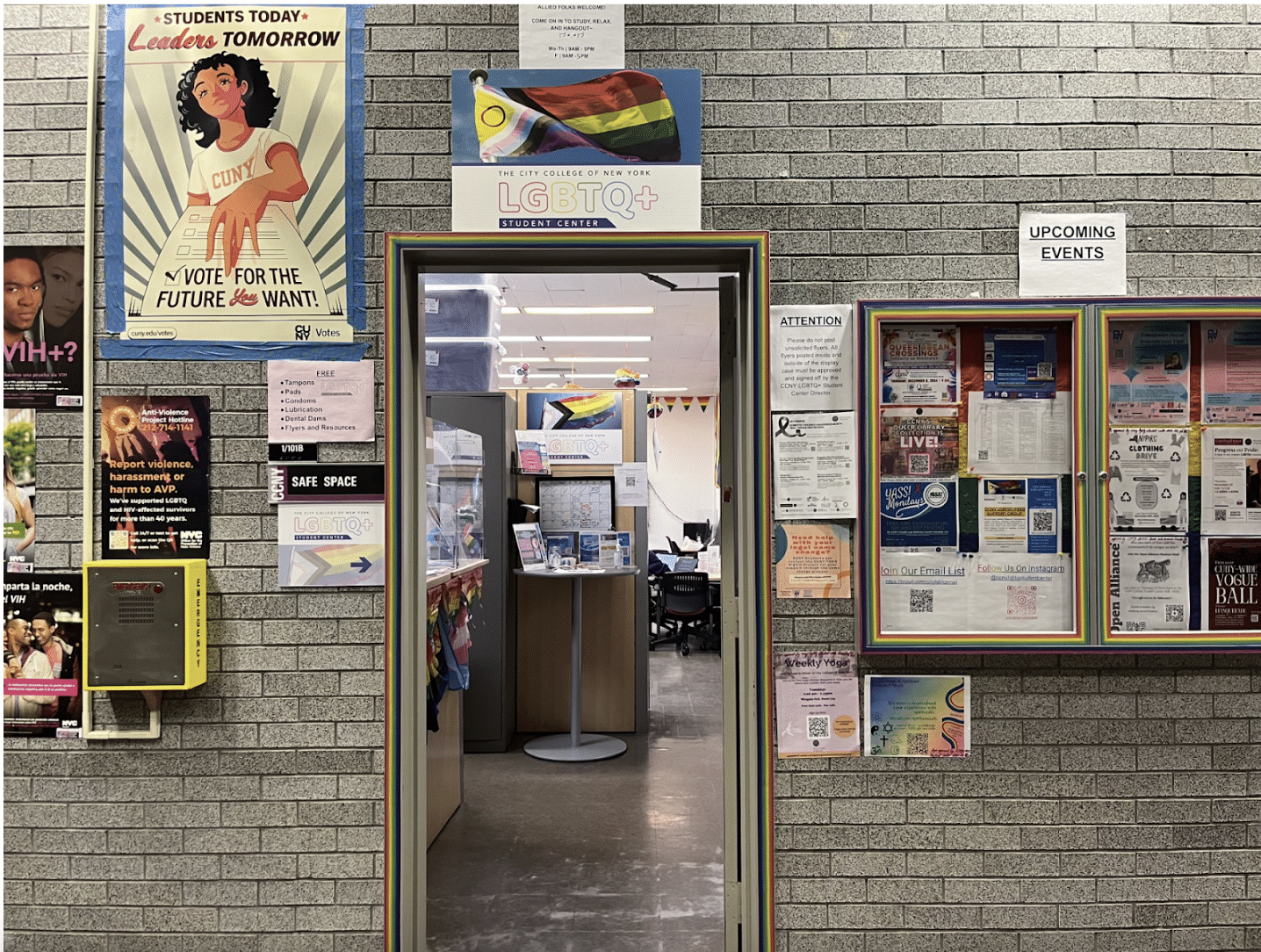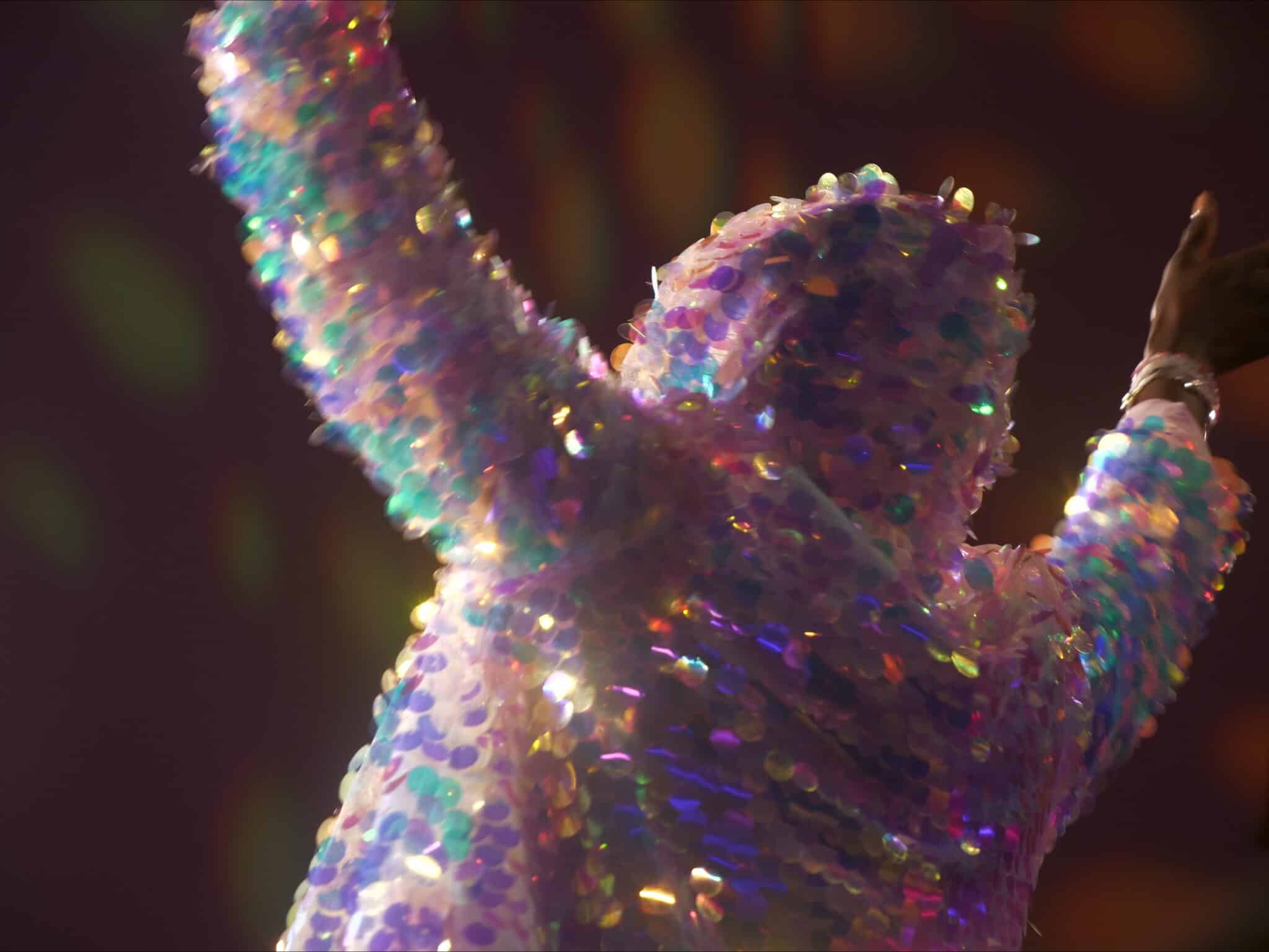The purchasing and reselling of sought-after sneakers make money for some and frustration for others. Photo by SoleSavy on Unsplash.
“You purchase one shoe for retail, and you can make a week’s worth of work in seconds,” says New York City sneaker reseller Jake Cozart. People are doing everything they can to get a pair of Jordan or Yeezy sneakers, but not for the reason you think. A sneaker that retails for $170 might cost up to $500.
Online stores sell out of some brands and styles within seconds. If a retail store has desirable sneakers, lines wrap around the corner and fights ensue over a person’s place in line. Even if people think the shoe is ugly like the Biohack Jordan 1, they’ll buy it anyway because they pay $170 and can sell for $250-350. Some sneakers, like the Off White Air Jordan 4, have a resale value of up to $1,200. “The main factors are the hype behind the shoe and the sneaker model itself … A Jordan 2 will sit on shelves, but a Jordan 1 will sell out in seconds,” said Cozart.
Some resellers have a bot, which is a computer program that finds websites where the sneakers are available and purchases the sneakers for you without you having to look or make online waitlists yourself. Resellers also use cook groups, which are mass group chats where you pay a fee to join. Members give each other connections and bot programs to use to get the sneaker for retail.
Other resellers have connections with people who work at sneaker retailers and walk in and get sneakers “backdoored.” The buyer gets a shot at pairs of sneakers before the general public. All of these methods make it difficult for the regular consumer to buy in-demand styles at a fair price.
A network of sites and apps like GOAT app, Stock X app, social media apps and an annual Sneaker Con helped spread the hype about collecting and reselling popular styles and brands. A perfect example is the Air Jordan 6 and Travis Scott collaboration. The Sneaker retailed for $250, but if you go to a reselling website like StockX or GOAT you’ll see the prices in the $400-$500 dollar range. Regular consumers get shut out.
Casual sneaker buyer Danny Pepin is frustrated with the reselling business. “It’s anti-culture. The prices are extremely high, and no reseller will be taking my money … It keeps the people that were originally wearing them from buying the sneakers and the resellers have ten pairs of the shoe that we all want in their homes ready to sell for double the price,” Danny said.
Normal sneaker fans want the shoes because they love them, and they don’t want to pay double. “A few years ago, I could just purchase the Jordan of my liking, but now I have to pay hundreds of dollars over the retail price. At that point, buying the sneaker isn’t worth it anymore. I don’t want it,” Danny said.
Jade, a New York City native, is tired of the whole system. “I found some nice Jordans I wanted to buy until I saw the price tag on GOAT, and I changed my mind. I had seen the retail price first and thought it made no sense to pay $350-400 for a sneaker that’s supposed to be $170,” Jade said. “If this is how it’s going to be with every Jordan release, they can keep them. I don’t want them.”
Tags: City College Journalism Cuny GOAT app Jordans Joseph Bautista resell sneakers retail Sneakers The City College of New York






